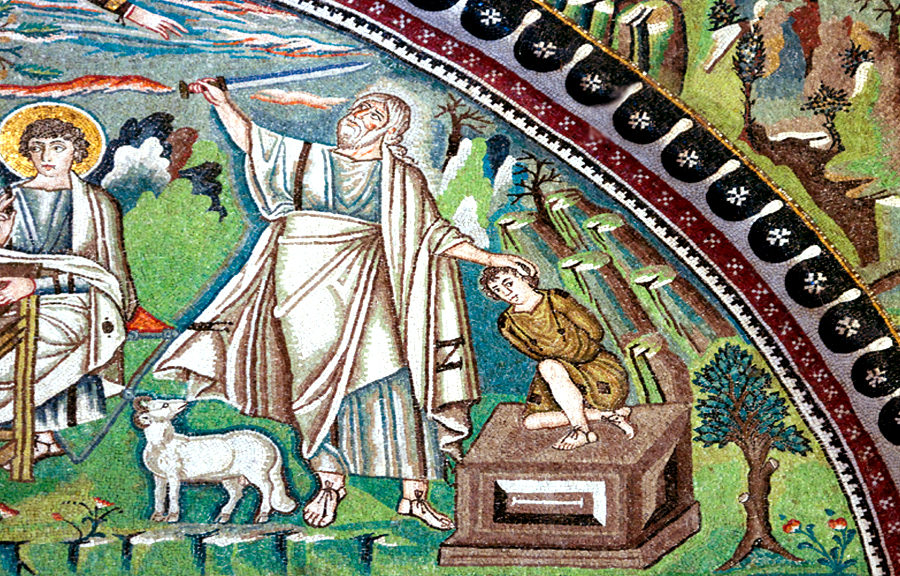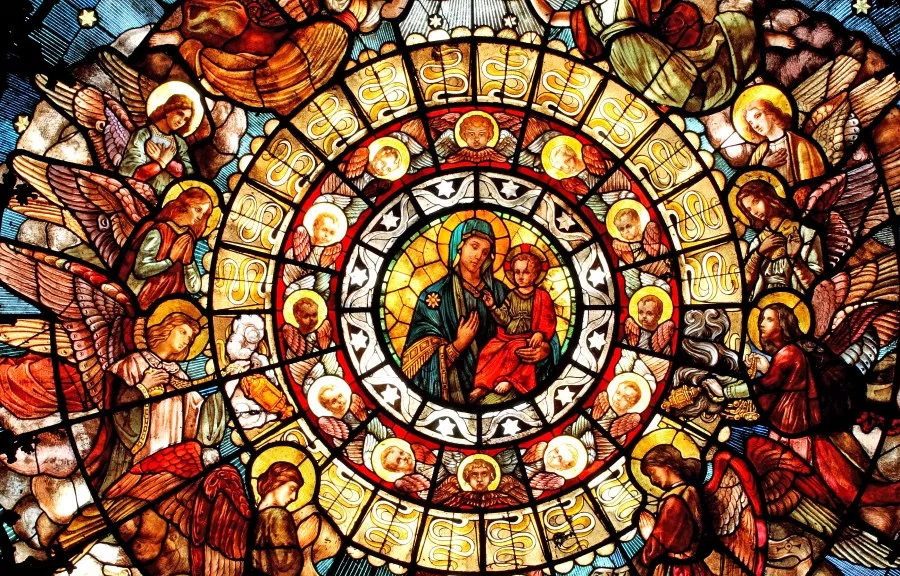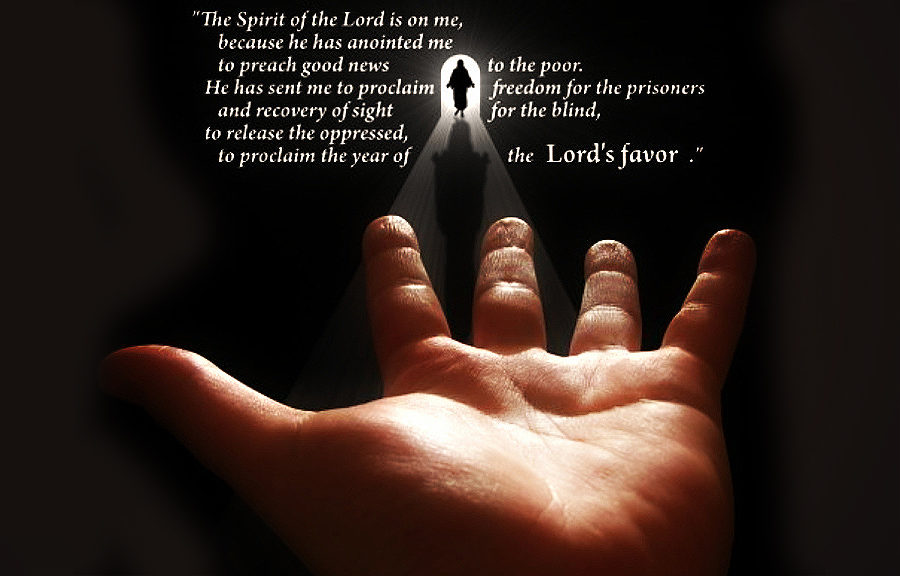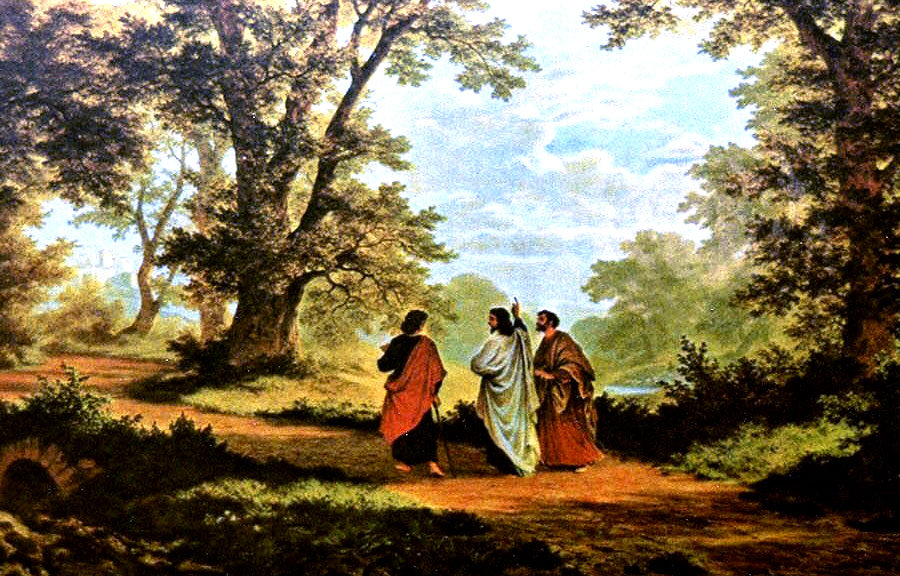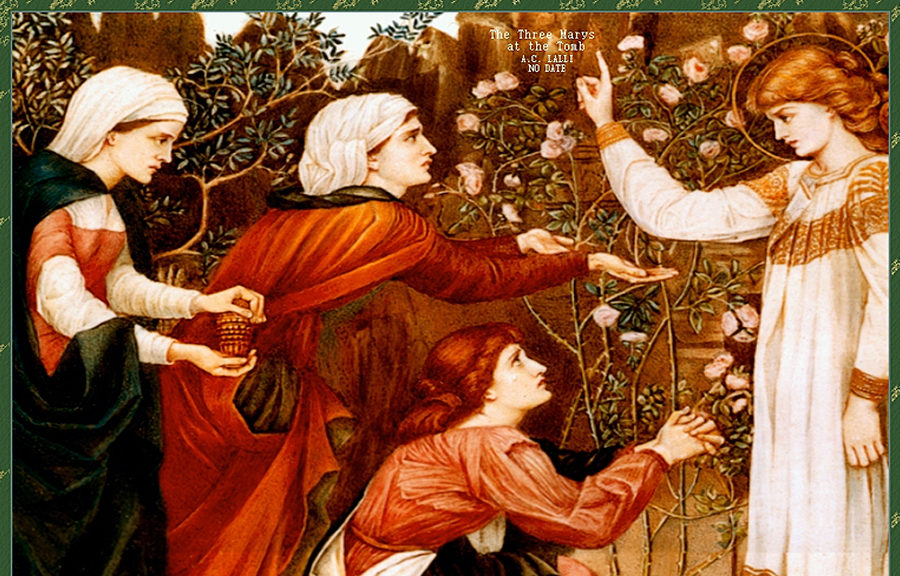Pentecost + 5A 9-7-17 Bridgewater Genesis 24
A bit of background is helpful before we hear today’s episode from Abraham and Sarah’s story. God had promised Abraham he’d have many descendants and through him all the families of the earth would be blessed (Gen. 12:1–7; 22:17–18). Abraham and Sarah saw the initial fulfilment of this promise in their old age with the birth of their miracle child Isaac. But now God’s promises seemed to risk running into a dead end. In ch 23, we read about Sarah’s death.
Abraham is “well advanced in years”– 137, in fact (24:1 and 23.1), and with Sarah, the matriarch gone, there’s no mother in Israel. Unless Abraham can find a wife for his 37-year-old son Isaac, there won’t be any more offspring, no Israel, and ultimately no Messiah through whom “all the families of the earth shall be blessed” (12:3). That’s the issue this story tackles: how’s God going to fulfill his promises to Abraham; how will God bring us into being?
Of course, there’s human agency in this story too. Abraham won’t let Isaac marry a Canaanite woman. So he sends his trusted servant to “go to my country and to my relatives, and take a wife for my son Isaac” (24:4). The servant is worried but Abraham tells him God will provide the right woman.
So the servant goes to the land between the rivers Tigris and Euphrates, Aram-Naharaim. When he arrives at the right place, a well, near where Abraham’s brother Nahor lives, the old servant prays,
“Lord, God of my master Abraham, please give me success this day… Let it happen, that the young woman to whom I’ll say, ‘Please let down your pitcher, that I may drink,’ – and she’ll say, ‘Drink, and I’ll also give your camels a drink,’ – let her be the one you’ve appointed for your servant Isaac. By this I’ll know that you have shown kindness to my master.” (Vv. 12-14)
God answered the servant’s prayer “before he’d finished speaking” (v. 15). Rebekah appears, and she does exactly as the servant prayed she might. The servant gives her an expensive gold nose-ring and two gold bracelets, and asks if he might stay at her father’s house. Rebekah goes home and tells her brother Laban about Abraham’s servant, and Laban goes to invite the servant into their home – no doubt influenced by the expensive gifts the servant gave Rebekah. When dinner’s just about to be served, the servant says he must first carry out his mission – and that’s where we come into the story today.
Reading Genesis 24:34-38, 42-49, 58-67
The servant began by telling Laban about Abraham’s wealth and his desire to find a wife for Isaac from among his own family. He then tells of his prayer at the well and Rebekah’s response; obviously, she’s God’s answer to prayer. He then asks Laban if he “will deal kindly and truly with my master” (v. 49). Laban tells him to take Rebekah, and Rebekah agrees to go
This story is about the fulfillment of God’s plan for Abraham, for the nation Israel, about the Messiah, and the salvation of the human race. Isaac must have a wife if God’s plan is to be fulfilled – Sarah’s empty tent must have a woman to carry on the legacy. Abraham does his part by sending his best servant to find a wife among his own people and the servant does his part by carrying out his duties faithfully, but we’re told four times that it’s God who makes it a success (vv. 21:40, 42, 56)? “The Lord led the servant and gently molded the hearts of Rebekah and her family so that his plan was accomplished” (Greidanus, 47).
Yet there’s vital human agency in all this too.
We never learn the name of Abraham’s servant. He gets no glory for himself; he’s simply devoted to what’s best for his master. “
This servant illustrates what life is like for many servants of God. They enter into the service of their master and proceed faithfully in quite ordinary situations, remaining anonymous in the overall scheme of things, but they are crucial vehicles for the leading and blessing work of God in daily affairs” (Fretheim, 512). The servant refers to the Lord as “God of my master Abraham,” (cf v. 3, 7); only the God of heaven and earth could grant success in the foreign territory that was Aram-naharaim (v. 10).
Abraham has emphasised the importance of the woman’s own decision, (v. 8;. 58). Rebekah alone in Genesis parallels Abraham; she makes the faithful choice to leave home and family to follow God’s purposes. She’ll follow literally in Abraham’s footsteps ( v. 38 & 12:1) and she’ll receive the same blessing (v. 60 & 22:17). Rebekah’s hospitality also mirrors that of Abraham in 18:2-8 (v. 18-20; 23, 25).
Finally, there’s a hidden context in all of this which I find very moving. As far as we know, this story was written in the form as we know it during the exile. The people who wrote it, descendants of Abraham, Sarah, Isaac and Rebekah, did so when they were held captive as slaves in the land between the rivers.
So what these slaves wrote about here was an incursion by their God – the God of Israel – into the domain of their owners and their owners’ Gods.
The heart of our faith too is that when we believe ourselves to be captives in enemy territory, God can come; God wants to come; God has come – and so God will come again to set us free. Remember, four times, they wrote that the Lord made this mission succeed. Divine providence does not mean that the future is somehow predetermined or that human decision-making can never frustrate the divine design. God is free, and we are made in that image. And yet this story tells us that God’s providence is real, whatever the odds. Amen


